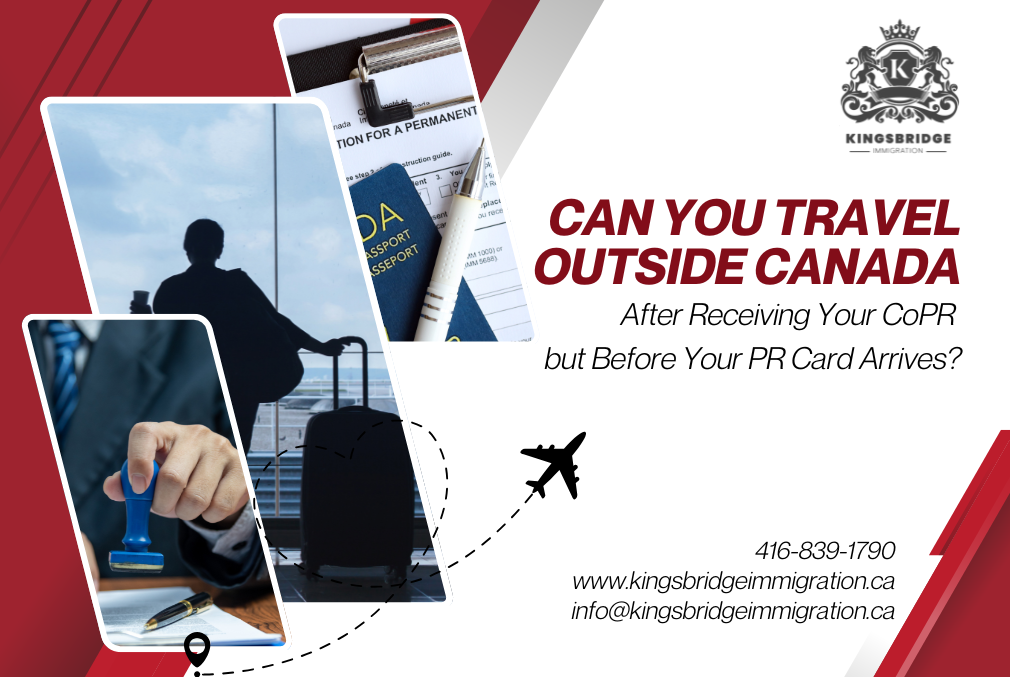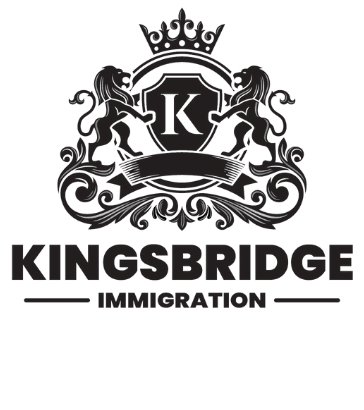
Once you are approved for permanent residence (PR) in Canada, there are a few important steps you must complete before fully enjoying the benefits of your new status. One critical issue many new permanent residents face is whether they can leave and re-enter Canada while waiting for their first PR card.
Here’s what you need to know:
Traveling Outside Canada After PR Approval: What Are the Rules?
To return to Canada by air, train, bus, or boat, you must have your PR card or, if you don’t have it yet, a Permanent Resident Travel Document (PRTD). Without one of these documents, you won’t be allowed to board transportation heading to Canada.
If you’re returning to Canada by private vehicle through a land border, you might be able to re-enter by presenting your valid Confirmation of Permanent Residence (CoPR). However, entry is not guaranteed — it’s at the discretion of the Canada Border Services Agency (CBSA) officer. Also, keep in mind that CoPR documents are typically valid for one year from the date they are issued.
Adjusting to Permanent Resident Status Inside Canada
Recently, Immigration, Refugees and Citizenship Canada (IRCC) introduced a “virtual landing” system for people who are already in Canada when their PR is approved. This process is managed through the PR Confirmation Portal.
After your application is approved:
IRCC will email you for information to create your portal account.
You’ll then receive login details and must submit an electronic declaration confirming you’re inside Canada and accepting your new PR status.
Once accepted, IRCC will allow you to download your signed CoPR.
The signature date on the CoPR officially marks your transition to permanent resident status. From that moment on, your previous permits (such as a work permit or study permit) become invalid, and you must now rely on your PR status to stay and return to Canada.
However, you must wait for your PR card to arrive by mail before traveling internationally. If you leave Canada before receiving it, you’ll need to apply for a PRTD to return — a process that can take time. The only slight exception is traveling back by land in a private car, where showing your CoPR might allow you to enter, but again, it’s not guaranteed.
Landing as a New Permanent Resident from Outside Canada
If your PR application was approved while you were living abroad, you’ll need to physically travel to Canada to complete your landing.
When you arrive:
You must present your passport, CoPR, and, if required, a permanent resident visa.
A CBSA officer will confirm your identity, assess your eligibility, and officially admit you as a permanent resident.
After landing, you’ll need to provide a Canadian address where your PR card will be mailed.
Until you receive your PR card, you should avoid traveling internationally if you plan to return to Canada by plane or public transportation. If necessary, you could apply for a PRTD or attempt re-entry by land using your signed CoPR — but again, success is based on the border officer’s discretion.
Receiving your CoPR is a major milestone, but it doesn’t immediately guarantee easy international travel. Until your PR card arrives, traveling can be complicated. It’s best to stay in Canada until your PR card is safely in hand, or be prepared for the extra steps needed if you plan to leave.
Need help with your next steps after becoming a Canadian permanent resident? Our experts at Kingsbridge Immigration can guide you through the process and help you avoid any travel headaches.









